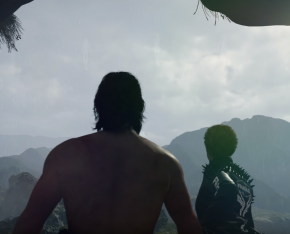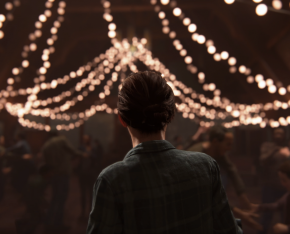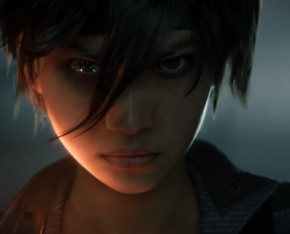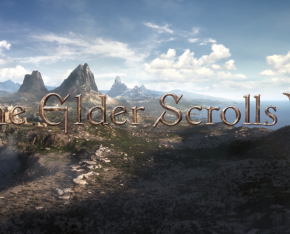By Anni Simpson on August 5, 2013 at 8:36am
I’ve never been big on card games or tabletop games. I prefer my games in digital format and have as long as I can remember playing anything at all. I even skipped out on the "Pokemon" TCG even when it was wildly popular; I stuck with my Nano Baby instead (heresy, I know). It started with my parents playing "Super Mario Brothers" on the NES with me, and that’s how it’s been ever since.
One of my biggest fears in working with Player Theory is my complete and total inexperience with things like “Magic: The Gathering,” “Dungeons and Dragons,” “Warhammer,” and any of the other greats, never mind the smaller games. By the time I wanted to in high school, all the clusters of people who played together had already found each other, their core decks were developed, and I still resented middle school boyfriends who ignored me for hours on end to play games in the morning.
At least that’s how I felt until a Friday night “Magic” night, and I had a blast.
If you’re not familiar with the game, “MTG” is quite possibly the most iconic trading card game out there. Players utilize different cards – mana, creatures, and magical effects – to slay a single opponent or team. First released in 1993, publisher Wizards of the Coast has updated and tweaked “MTG” with new cards and decks. Although there is a published set of rules, how you play and construct your deck is up to you (and the people you play with, of course). “Magic” cards and accessories are available pretty much anywhere tabletop and TCGs are sold, as are locally hosted tournaments.
Our setup included a 3 vs. 3 match with a shared 50-health pool. Those who didn’t have decks were loaned some by a(n awesome) guy who’d had the foresight to bring several extra. Because he was on my team, I asked him about 100 of the most basic questions he’s probably ever encountered. Remember, I didn’t even play “Pokemon.” Even the concept of “mana” and what to do with it was new to me. The answers were easy-to-understand and uncondescending (one of the things I was afraid I’d run into if I tried playing as an adult without any experience).
My loaner deck was a plain/forest deck with a lot of “phantoms” and a handful of cards that boosted their effects. There was a lot of overlap in my deck; I had three “Phantom Flocks” on the table, which worked out just fine against a team that couldn’t do jack all against fliers.
Although our strategy of building our defenses and attacking later was slow-to-start (staying focused was hard), it won out in the end against the opponent team, who countered our early attacks, destroyed our creatures (half of which seemed to get kicked out of the graveyard and out of the game), and did nearly all of the damage in the first half. On more than one occasion, they did around seven damage and bolstered themselves above the 50 health pool with which we’d both started. It was frustrating to know I was losing without knowing why, but I slowly picked up what they were doing and why, as well as which strengths they were taking advantage of in each of their particular decks. Much of this understanding was the help I was receiving from my team and knowing the people on the other side.
Knowing what your adversaries look like when they feel cheeky or clever is definitely an advantage you wouldn’t otherwise get at a local tournament with strangers who are using their best poker face.
My team – which included the old hat and fellow writer Jeff, who’d played before but not since high school – won with three health, taking our opponents down 24 in one turn. Although I want to take credit for helping in my very first match, I can’t. My cards may have helped, but it wasn’t from any knowledge or strategy on my part. All the win inspired in me was a desire to learn more and play again – not just “Magic,” but the entirely untapped universes of gaming previously ignored.
Being simultaneously in and out of my comfort zone – new game with familiar faces – was what got me to try “MTG” in the first place. Winning wasn’t the only thing that interested me enough to try again in the future. Player patience on both sides of the table was vital, as was playing to play rather than playing seriously to win. (The two most experienced gamers took each other on one-on-one after our group match, so any need to play seriously was taken care of while the rest of us drunkenly played “Piratology” and harassed cats.) I’ve seen matches at local tabletop/card stores, and while it looked fun, the serious atmosphere was about as terrifying as interacting with the “League of Legends” community with zero battle arena gaming experience.
If you want fresh faces involved in an old favorite on game nights, I highly recommend starting “easy” with low-key matches, having advanced players shadow novice ones, and battling it out in teams to remove the pressure of trying to learn a relatively difficult game (especially if you're not familiar with the genre itself).




